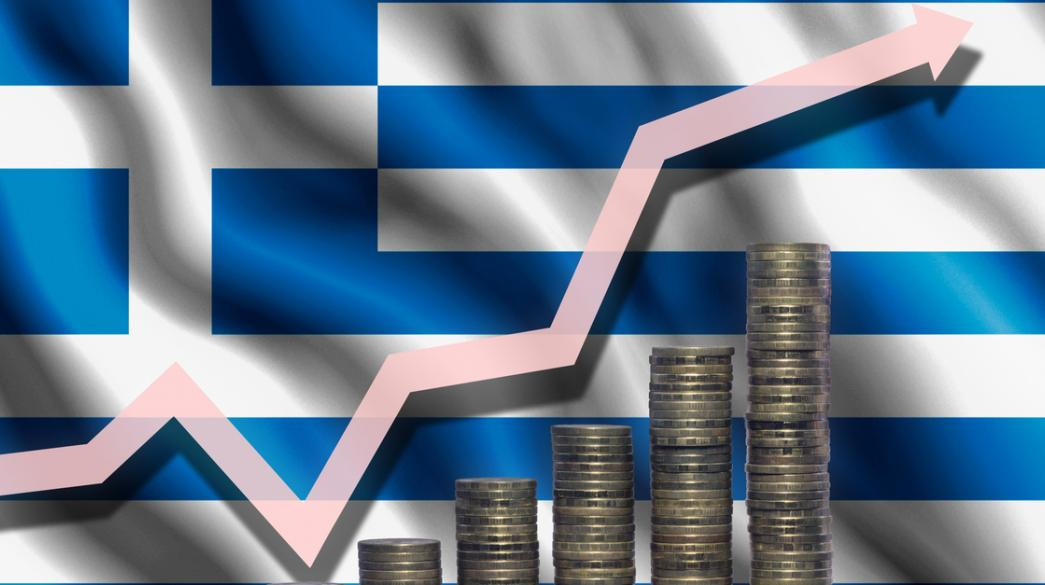
Recent information from the leading economic activity indicators published for the first months of 2024 foreshadows an acceleration in economic growth in the first quarter of 2024, based on the model of the National Bank of Greece's Economic Analysis Department for the short-term GDP forecast for the next quarter.
As the bank says, the acceleration is notable after the marked slowdown in H2 2023 (to 1.6% p.a. on average) due to the impact of the devastating flood in Thessalia and the temporary weakening of fixed capital investment. In particular, in the first months of 2024, there is an improvement in confidence regarding the demand outlook in most business sectors, as well as an increasing willingness to invest in fixed capital and further hiring of workers.
ECONOMIC SENTIMENT INDEX AND MANUFACTURING PMI
The Economic Sentiment Index (ESI) for Greece rose to 106.9 on average in Q1 2024 - and to 108.4 in March, a 7-month high - from 105.6 in Q4 2023. At the same time, the positive divergence from the Eurozone's m.o. (96.0 in Q1 2024) widened further. The improvement in most sectoral indicators, according to the individual responses of the respective surveys, reflects: i) the increased demand in Q1 2024 as well as ii) the prospects for stronger economic activity in the coming months in key business sectors.
Consistent with the above, the S&P manufacturing PMI for Greece surged to a 2-year high of 56.9 in March 2024 and remained the highest in the euro area for a 15th consecutive month. The average level of the PMI in Q1:2024 stood at 55.8, compared with 51.0 in Q4:2023, pointing to accelerating production. Operating conditions in the manufacturing sector improved further, leading to a fall in backlogs, which encouraged firms to increase production and expand their workforce numbers in March, at the fastest pace since April 2022 (when most Covid-19-related restrictions were lifted). The improvement in new sales prospects was the strongest since November 2021, with firms reporting significant increases in domestic and foreign client demand. In fact, new export order growth increased at the fastest pace in over two years.
However, cost pressures also intensified, amid persistent frictions to important supply routes through the Suez Canal and rising oil prices, with manufacturing firms reporting their intention to pass higher costs on to customers.
All in all, consumer spending is expected to pick-up in the coming months, as the positive effects from tourism and the recent increase in the statutory minimum wage (by 6.4% from April 2024), will kick-in and will be combined with higher employment growth. Private consumption is expected to grow at a broadly stable pace in 2024 (+1.7% y-o-y), with demand for services expected to continue outpace the growth of goods consumption. Increasing oil prices (at a 5-month high in March) and geopolitical turbulence present the main downside risks.






